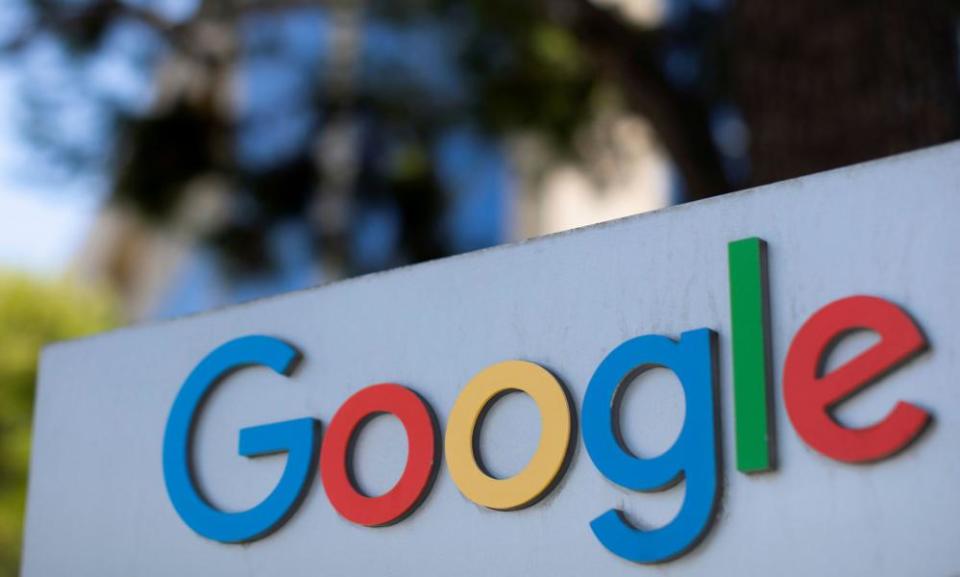Australia's competition regulator could take Google to court over potential misuse of market power

Australia’s competition watchdog could bring a third lawsuit against Google for misusing its market power in the advertising sector if evidence gathered over the next few months backs complaints from advertisers and publishers.
The interim report on the ad tech industry released by the Australian Competition and Consumer Commission (ACCC) on Thursday found Google is the dominant provider in the complex $3.4bn online display ad market where ad space is auctioned off.
The regulator said that because Google had a majority marketshare throughout the supply chain, it may potentially be able to favour its own business interests, and could be engaged in self-preferencing, which may potentially be in breach of competition law.
Related: Important stories hidden in Google's 'experiment' blocking Australian news sites
The ACCC has not yet alleged the tech giant is engaged in self-preferencing, but its chair, Rod Sims, told Guardian Australia the regulator would use the next few months before the final report was due in August to determine whether that was the case, and whether court action should follow.
The ACCC has already taken Google to court twice, with one case relating to its ad business with Doubleclick. Both cases are still before the courts. Sims said Google might dispute its marketshare if a case was taken to court, so more evidence was needed.
“The evidence for [court action] is often very different to the evidence for writing an inquiry report,” he said. “So, you know, you’d have to prove that Google had dominance in ad tech. If we were to take your case to court, we have to back that up with evidence that could stand up in court if Google were challenging those numbers.”
Part of the issue, as the report noted, was the operation of the ad market was opaque, making it more difficult to prove some of the allegations made by publishers and advertisers.
The allegations made in the report include allegations from stakeholders that Google sells YouTube ad inventory exclusively through its own demand-side platform (DSP), meaning people need to use Google’s DSP in order to have ads appear on YouTube.
A spokesman for Google said the ad tech market was a competitive market with low barriers to entry.
“There are many companies, large and small, working together and in competition with each other to power digital advertising across the web, each with different specialties and technologies,” he said. “Google is just one of these many players, and we’ve made it easier for others to choose who they want to work with.”
This includes creating privacy-enhanced measurement solutions, developing major innovations in auction technology, and participating in industry initiatives designed to foster the long-term viability of an ad-supported digital advertising ecosystem.
Related: Ignore threats to shut search in Australia and force Google to pay, small business groups say
The report also noted that there had been complaints that plans to block third-party cookies in the Google Chrome web browser from April, while enhancing privacy for users by limiting the tracking of the websites people visit across the internet, would entrench Google’s position. It argued the move would not stop Google from collecting its own information, and ultimately Google would have more information on those people than advertisers could otherwise collect.
Apple has moved to give people the choice to opt out of being tracked altogether, and does not collect the same data Google does. Other browsers such as Firefox have also moved to limit tracking across the internet. Sims said it was a tricky issue between the competition issues and people’s right to privacy.
“Google is a data company … And so, for a data company to restrict the access of others to get data, that I think is a big competition issue – a tricky one because of that privacy issue. That’s why I think I’d say just the problems are really clear in this market [but] the solutions are tricky.”
The ACCC is considering this move might also be in breach of competition law, which could result in more court action.
Sims noted that if Google followed through on its threat to remove its search function from Australia in response to the news media code, then the company would not have access to as much data on Australians for advertising.

 Yahoo Finance
Yahoo Finance 